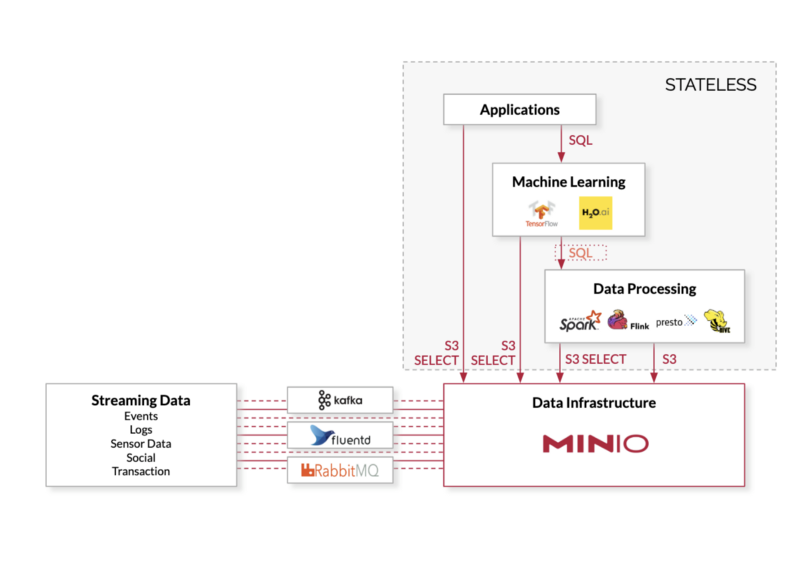The research community around the world increasingly use the “cloud” and “containers” to support reproducible data science research activities.
- Researchers need “ data science workflows ” when working with data and publishing results
- Peer-review of research findings -> results needs to be reproducible
- Workflows increasingly involve open data but also reproducible analyses (code)
- Convergence of HPC and interative web applications - running together on containers.


